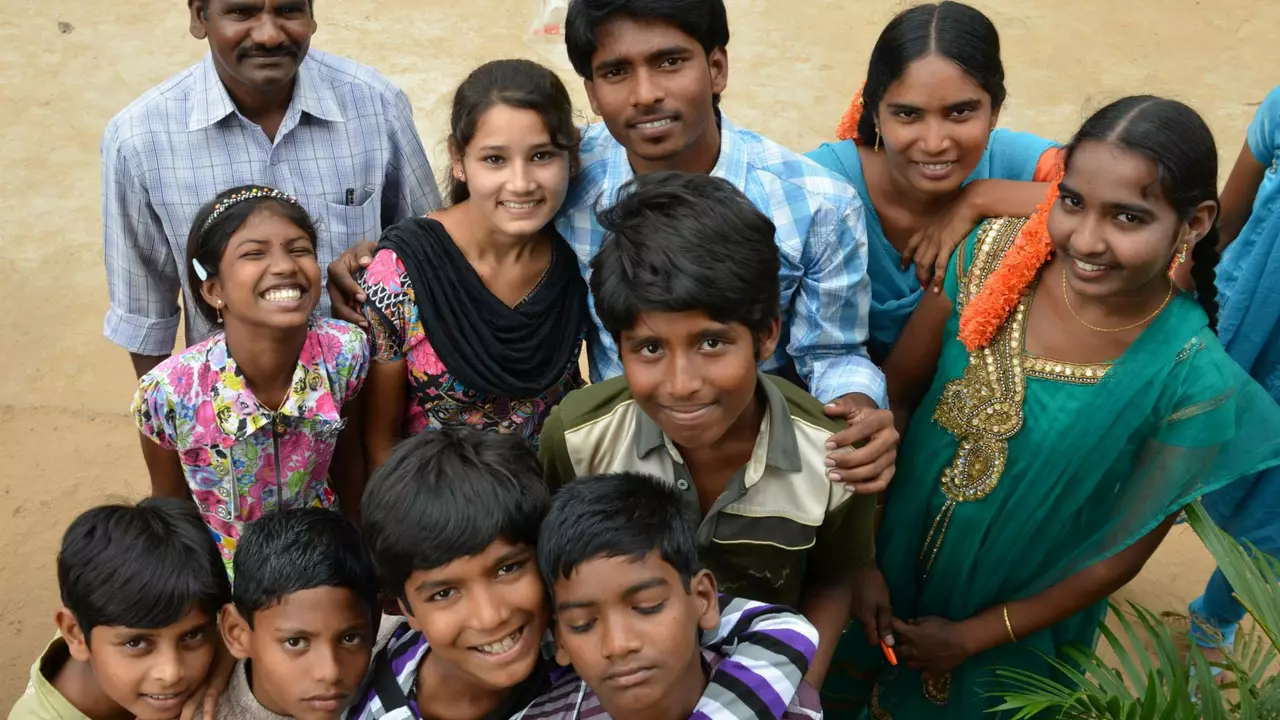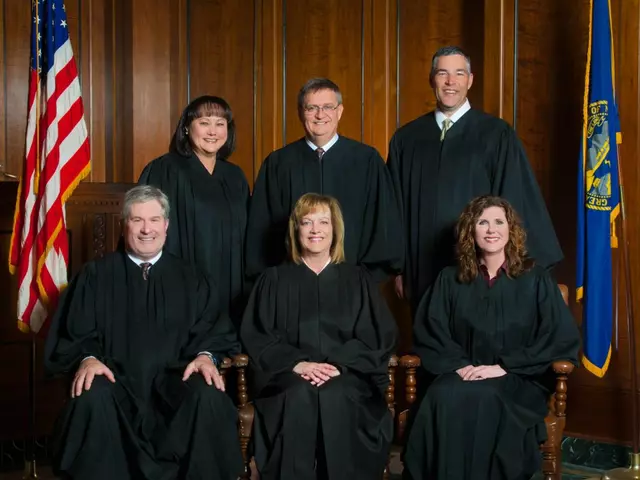Cultural Values: Why They Matter and How to Live By Them
Ever wonder why some habits feel so natural while others feel foreign? That’s cultural values at work. They’re the unwritten rules that tell us how to act, what to respect, and why certain celebrations matter.
Think about the way you greet a friend, the food you share on holidays, or the stories you tell your kids. All of those are bits of culture passing from one generation to the next. When you understand the why behind them, they stop feeling like chores and become sources of pride.
Why Cultural Values Matter Today
First off, values give us a sense of belonging. In a world that’s constantly changing, knowing that you belong to a community can calm anxiety. When you see someone else respecting the same customs, you feel an instant connection.
Second, values shape choices. Whether it’s choosing a career that serves the community or deciding how to spend vacation time with family, cultural values act like a compass. They help you prioritize what truly matters.
Third, values influence how we treat others. Respect for elders, hospitality to strangers, or the belief in sharing food are all values that promote kindness. When these values are strong, you notice less conflict and more cooperation around you.
Lastly, cultural values keep traditions alive. Without them, festivals fade, languages die, and stories get lost. Your grandparents’ recipes, your city’s annual parade, or your hometown’s folk songs all survive thanks to shared values.
How to Embrace Cultural Values in Everyday Life
Start small. Pick one custom you love—maybe saying ‘Namaste’ instead of a handshake. Use it each day for a week and notice how people respond.
Talk about your heritage. Share a favorite story or a recipe with a friend. When you explain why a dish matters, you give the value behind it a voice.
Participate in community events. Whether it’s a local fair, a religious ceremony, or a cultural workshop, showing up reinforces the value of togetherness.
Teach the next generation. Kids learn by watching. Let them help set the table for a traditional meal or join you in a folk dance. That hands‑on experience cements values far better than a lecture.
Reflect on choices. Before making a big decision, ask yourself which cultural value it aligns with. Does it honor family? Does it promote fairness? Let that guide you.
Finally, stay curious. Cultures evolve, and so do values. Read about how other communities live, compare notes, and see what resonates. Mixing ideas can strengthen your own sense of identity.
In short, cultural values are more than old habits; they’re the glue that holds families, neighborhoods, and nations together. By noticing them, talking about them, and living them daily, you keep the thread of tradition strong and make your own life richer.



